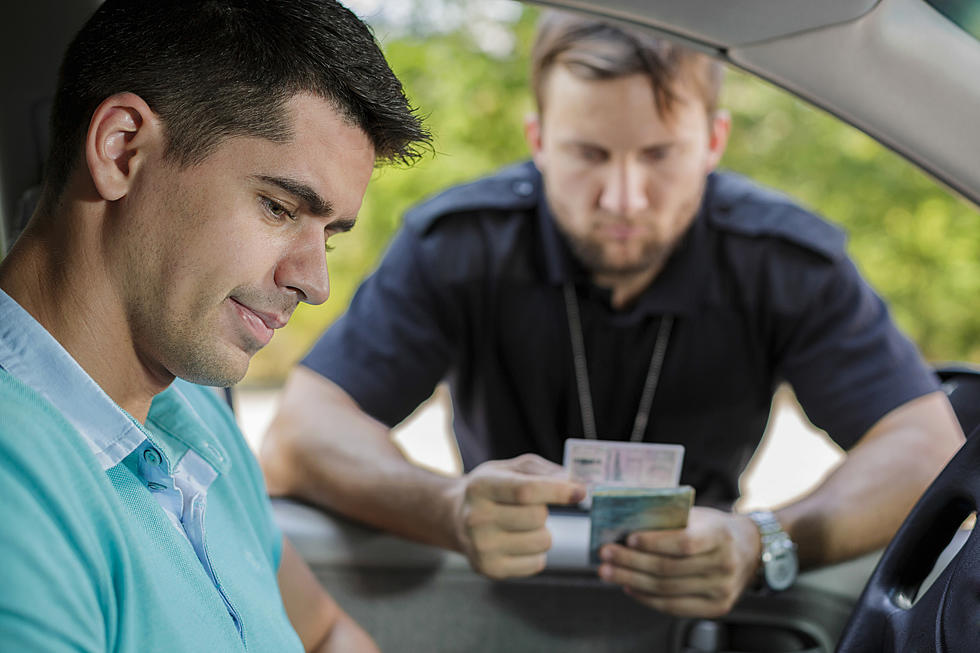
Are Idaho Teens Better Drivers Than Adults?
Adults probably worry more about their teenage kids on the road, but which one is the better driver in Idaho -- the teen or the adult?
My grandpa was the slowest driver ever in his blue Buick, and he was also the happiest! He poked along in no hurry at all, and sometimes he whistled while he drove. My sister and I would ask from the back seat if we were ever going to get there, and he'd grin and say, "Yep!" and he'd just keep whistling. He was slow but he was safe, and he always used to remind us to, "Watch out for the other guy." I think about that every day on the road now. We might have a perfect driving scorecard, but the "other guy" could come along and ruin it in a hurry.
Teens might be safer drivers than adults. If they're alone in the car, that is. I see adults checking phones, speeding, and breaking road rules daily, but a teen alone in the car is usually staring straight ahead with both hands on the wheel in my non-scientific sample. It's when they have three or four friends in the car that they might get in trouble. Adults have been driving longer, and maybe we get a little overconfident at times and that causes us to lose a little focus.
It's National Teen Driver Safety Week, and there's a big push happening to make teens better aware of things that can lead to accidents. Texting and driving play a part, but those aren't the only things that teens are doing behind the wheel that can lead to an accident. In fact, adults should probably take some notes, and avoid things like "drowsy driving" too.
Things that are problem areas for drivers, according to the NHTSA:
1. Distracted Driving. This is the leading factor in most crashes. It's talking or texting on cell phones, talking to passengers, adjusting audio and climate controls, and eating or drinking while driving.
2. Seat Belts. The NHTSA says a seat belt spreads the force of a crash over a wide area of the body and helps the body to slow down with the crash. It's the best thing
3. Passengers. Passengers in a teen's car can dramatically increase the risk of a fatal crash. Yikes. Drive to a friend's house maybe, but don't drive with 'em.
4. Speed Limits. According to NHTSA, young males are most likely to be involved in speed-related fatal crashes. Parents of girls are suddenly more worried about those Friday night date nights after the football game.
5. Impaired Driving. It's alcohol, marijuana, other drugs and prescription meds that can impact reaction times, and make a driver "impaired."
6. Driving Drowsy. I'll admit, I hadn't really thought about this being a danger before. But if we're tired, our reaction times decrease. Between school and extracurricular activities, teens are just as busy as adults, and very few of us have an abundance of time to sleep. The NHTSA says drowsy drivers are twice as likely to make performance errors in a crash as compared to drivers who are not fatigued.
It's a scary thought and it's exactly why parents worry about teens taking the wheel. The National Highway Traffic Safety Administration says wrecks are the leading cause of death for teens aged 15 to 18. I've got three girls under the age of 12, and I'm already nervous about giving them keys.
All of us are the "other guy" to someone on the road, and maybe it's not necessarily one age group that's safer than another. Maybe it's just being smart in the moment, and being a little bit more like Grandpa Albert. Whistle and grin the whole way, we'll get there when we get there, and the drive will be a lot more enjoyable along the way too.
More From Mix 106









